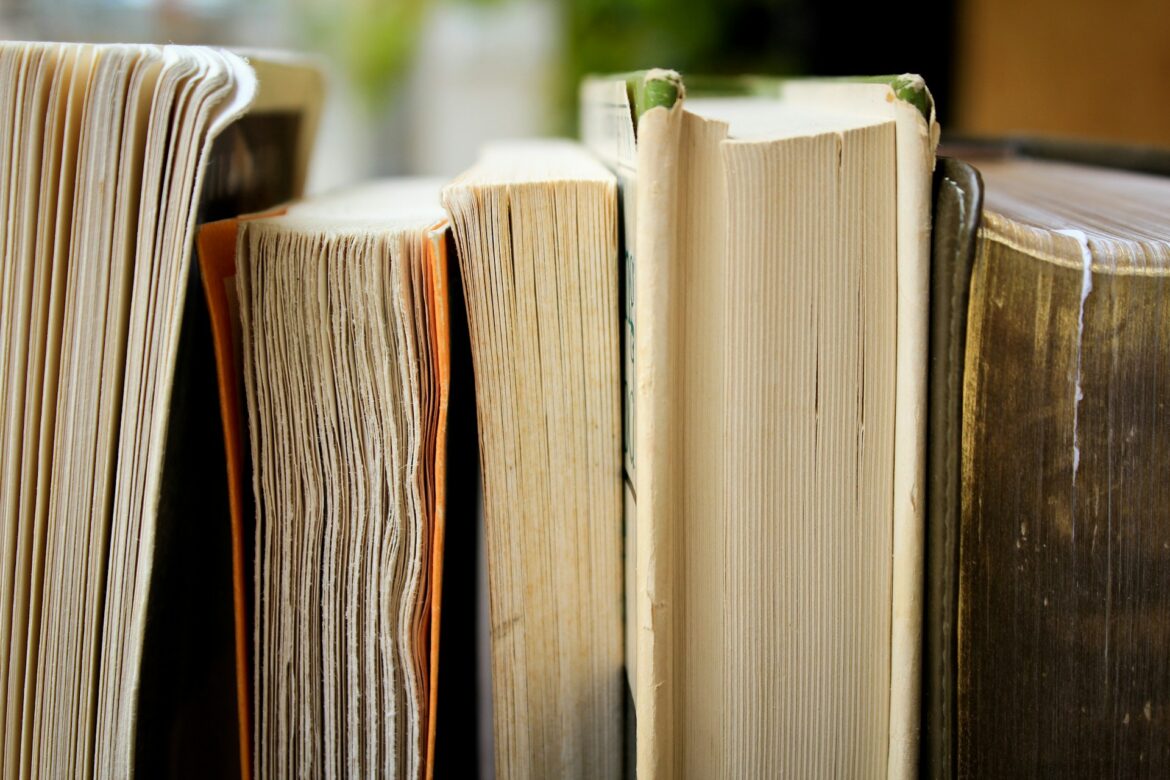Latvia’s literary scene is small but vibrant, rich with history, folklore, and modern experimentation. Writers across generations explore themes of identity, memory, resistance, and nature. With deep roots in folk traditions and a strong post-Soviet creative voice, Latvian literature reflects a nation always in dialogue with its past and future. Readers find emotional depth, sharp intellect, and poetic style in everything from children’s stories to postmodern fiction. Literature here acts as both a mirror and a map, guiding the public through cultural transformation. While Latvia’s population is under two million, its literary output and global impact continue to grow steadily. The scene is dynamic, inclusive, and full of bold new talent. Latvia’s literary scene truly offers a unique window into Baltic identity and creativity.
Acclaimed Authors Defining Latvia’s Literary Identity
Latvia’s literary scene is shaped by award-winning authors who resonate far beyond the country’s borders. Inga Ābele is known for her psychologically rich novels and poetic narrative style. Nora Ikstena’s international bestseller Soviet Milk introduced global readers to the emotional scars of life under Soviet rule. Jānis Joņevs captured youth rebellion in post-Soviet Latvia with raw energy and sharp humor. Inga Žolude’s fiction explores trauma, gender, and silence in experimental ways. Contemporary poets like Kārlis Vērdiņš mix tradition with satire to challenge national stereotypes. Rising authors such as Laura Vinogradova and Daina Tabūna are bringing fresh voices to Latvian fiction, often focusing on introspection and emotional subtlety. These authors shape how readers—both at home and abroad—understand Latvian life, culture, and identity.
Key authors to know in Latvia’s literary scene:
-
Inga Ābele – psychological fiction with poetic language
-
Nora Ikstena – acclaimed international novelist
-
Jānis Joņevs – youth and subculture themes
-
Kārlis Vērdiņš – modern poetry with humor and critique
-
Inga Žolude – experimental, emotionally layered prose
Latvia’s Book Fairs: Literary Events That Welcome the World
Latvia’s literary scene becomes especially vibrant during its literary festivals and book fairs, many of which welcome international visitors. The Riga Book Fair, held annually in March, is Latvia’s largest public literary event. It features local and international publishers, book launches, author meet-and-greets, and panel discussions in Latvian, Russian, and English. Visitors can attend translation panels, illustration exhibitions, and themed literary showcases. It’s held at the Ķīpsala Exhibition Hall, easily accessible from Riga’s Old Town, making it ideal for tourists looking to experience Baltic culture firsthand.
Each September, the Poetry Days Festival transforms public spaces across Latvia into open stages for poetry readings and live performances. This festival, spanning more than 20 cities and towns, attracts writers, translators, and tourists. Many events offer free admission and provide English translations or summaries for foreign guests. From bus stop readings to midnight poetry walks, the festival makes literature accessible and atmospheric. In addition, Latvia regularly participates in major international events like the Frankfurt Book Fair, Leipzig Book Fair, and Bologna Children’s Book Fair, showcasing its authors and publishers to a global audience. These appearances often include cultural programs, readings, and art installations, extending Latvia’s literary influence far beyond the Baltics.
Major literary events in Latvia:
-
Riga Book Fair – March, large-scale event with international participation
-
Poetry Days – September, poetry in public spaces across Latvia
-
Participation in Frankfurt, Leipzig, and Bologna Book Fairs
-
Events often feature English-language programming for tourists
-
Interactive sessions, author readings, and art-literature collaborations
Leading Publishers Powering Latvia’s Literary Scene
Latvia’s literary scene is driven by several influential publishers who focus on quality, innovation, and international reach. Zvaigzne ABC, one of the country’s largest publishers, releases titles across genres—from novels to academic materials. Neputns specializes in art books, classics, and poetry, with an emphasis on elegant book design. Jāņa Rozes apgāds publishes fiction, non-fiction, and popular science titles that shape national reading trends. Liels un Mazs, globally recognized for its children’s books, combines original storytelling with outstanding illustrations and print quality. Independent publishers like Pētergailis focus on niche markets such as essays, experimental literature, and contemporary poetry. The Latvian Publishers Association coordinates professional cooperation and facilitates participation in international markets. Many publishers receive state support to fund translations, ensuring Latvian authors reach global readers.
Top Latvian publishers to know:
-
Zvaigzne ABC – general publishing, educational books, translations
-
Neputns – art, poetry, high-quality design
-
Liels un Mazs – award-winning children’s books
-
Jāņa Rozes apgāds – broad selection of fiction and non-fiction
-
Pētergailis – essays and literary experimentation
Translation and Global Reach: Sharing Latvian Voices Worldwide
Latvia’s literary scene is increasingly global, thanks to proactive translation funding and international collaborations. Organizations such as Latvian Literature and the Ministry of Culture provide grants for foreign publishers, literary agents, and translators. These programs make it easier for Latvian books to appear in English, German, French, Italian, and beyond. Workshops train translators to preserve the voice and nuance of Latvian authors. Participation in events like the London Book Fair and Frankfurt Book Fair has strengthened Latvia’s presence on the global literary map. Many authors now tour internationally, participate in residencies, and collaborate on cross-cultural publications. This growing global reach allows Latvia’s literary scene to enter conversations about history, identity, and art from a uniquely Baltic perspective.
How Latvian books go global:
-
Translation grants for publishers abroad
-
Cultural exchange programs and translator workshops
-
Appearances at major book fairs and festivals
-
Multilingual tours and international residencies
-
Support from Latvian Literature and Ministry of Culture
Children’s Literature: Where Art and Storytelling Meet
Latvia’s children’s literature is celebrated worldwide for its artistic quality and emotional intelligence. Publishers like Liels un Mazs have elevated children’s books into cultural art objects. Stories often touch on philosophy, self-awareness, and imagination, appealing to both kids and adults. Illustrators such as Reinis Pētersons and Elīna Brasliņa have received major international awards for their visual storytelling. Latvian picture books frequently combine folklore, fantasy, and surreal elements. Many schools and libraries across Latvia organize children’s book festivals that include readings, workshops, and creative activities. The country’s participation in international fairs like Bologna has brought international deals and licensing opportunities. This sector not only entertains but also educates, guiding children through complex emotions with grace and creativity.
Notable traits of Latvian children’s books:
-
Strong artistic and visual identity
-
Emotionally rich, layered narratives
-
Internationally awarded illustrators
-
Emphasis on creativity and critical thinking
-
Popular at international book fairs
Literary Trends Shaping the Future of Latvian Writing
Current trends in Latvia’s literary scene reflect a society in transition, both culturally and generationally. Historical fiction has made a strong comeback, with many authors revisiting Latvia’s 20th-century struggles and triumphs. Memoirs and autofiction dominate literary awards, offering raw, personal perspectives on life during and after the Soviet period. Fantasy and speculative fiction are on the rise, especially among younger authors. Writers also explore environmental themes, digital life, and mental health with increasing urgency. Poetry continues to thrive in experimental forms, including audio poetry and live installations. LGBTQ+ and feminist voices are gaining more visibility, adding diversity to Latvian literature. Overall, today’s writers combine introspection with bold political and artistic expression, creating a fresh direction for the country’s literary voice.
Emerging trends in Latvia’s literary scene:
-
Historical fiction series based on 20th-century themes
-
Rise of memoir and autobiographical fiction
-
Environmental and digital-age narratives
-
LGBTQ+ and feminist literary voices
-
Growth in audio, visual, and hybrid poetry
Interesting Facts About Latvia’s Literary Scene
Latvia publishes over 2,000 book titles each year, a high number given its small population. The country has preserved over 300,000 folk songs, known as dainas, many of which inspire modern poetry. In the 1970s, poetry readings would fill sports stadiums, reflecting literature’s deep cultural status. Latvian books consistently win design awards for their innovation and beauty. Riga’s Central Library houses rare collections and offers tech-enhanced reading rooms for visitors. Latvia served as the Guest of Honour at the 2018 London Book Fair, boosting international visibility. Many writers collaborate with musicians, visual artists, and filmmakers, blurring creative boundaries
Latvia’s literary scene proves that powerful stories don’t depend on size, but on voice, vision, and authenticity. Whether you’re drawn to historical fiction, contemporary poetry, experimental prose, or beautifully illustrated children’s books, Latvia offers something truly original. With strong government support, global translation efforts, and a passionate literary community, Latvian authors and publishers continue to shape international conversations. Book fairs welcome travelers, readers, and creators from around the world to experience this culture firsthand. As more readers seek diverse, emotionally rich, and thought-provoking works, Latvia’s literary scene rises as a beacon of creativity in the Baltic region. Now is the perfect time to discover it, support it, and share it with others.

